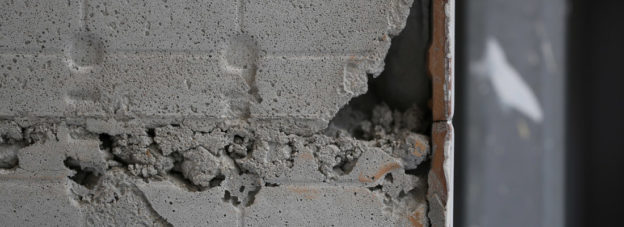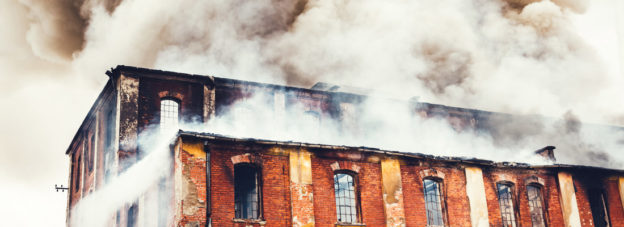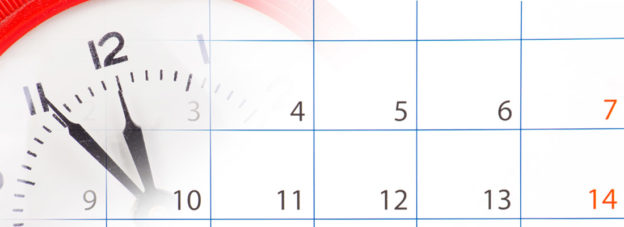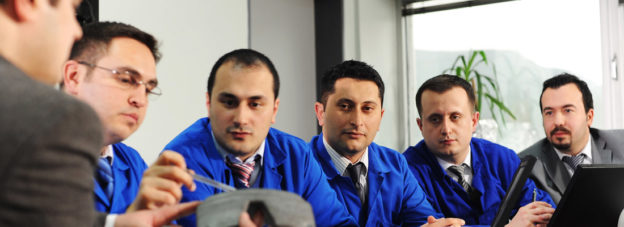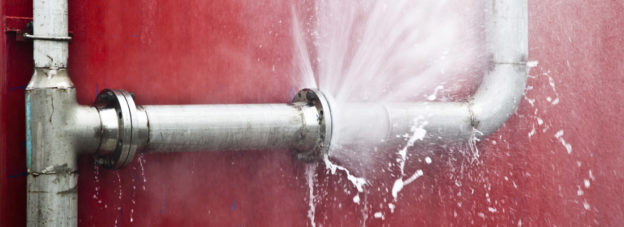As most subrogation professionals know, Amazon has been fighting products liability claims across the country for some time now. While it has been largely successful in doing so in the past, in a recent decision, Wisconsin sided with the plaintiff. In the case of State Farm Fire & Cas. Co. v. Amazon.com, Inc., 2019 U.S. Dist. LEXIS 122316, 2019 WL 3304887, the United States District Court for the Western District of Wisconsin denied the motion for summary judgment filed by defendant Amazon.com, Inc. (Amazon). The court held that Amazon was so deeply involved with the transaction at issue that it was an entity that could be held strictly liable under Wisconsin law. It also held that 47 U.S.C. § 230 of the Communications Decency Act (CDA) did not immunize Amazon because its liability was not based on posting content from a third party. Continue reading


